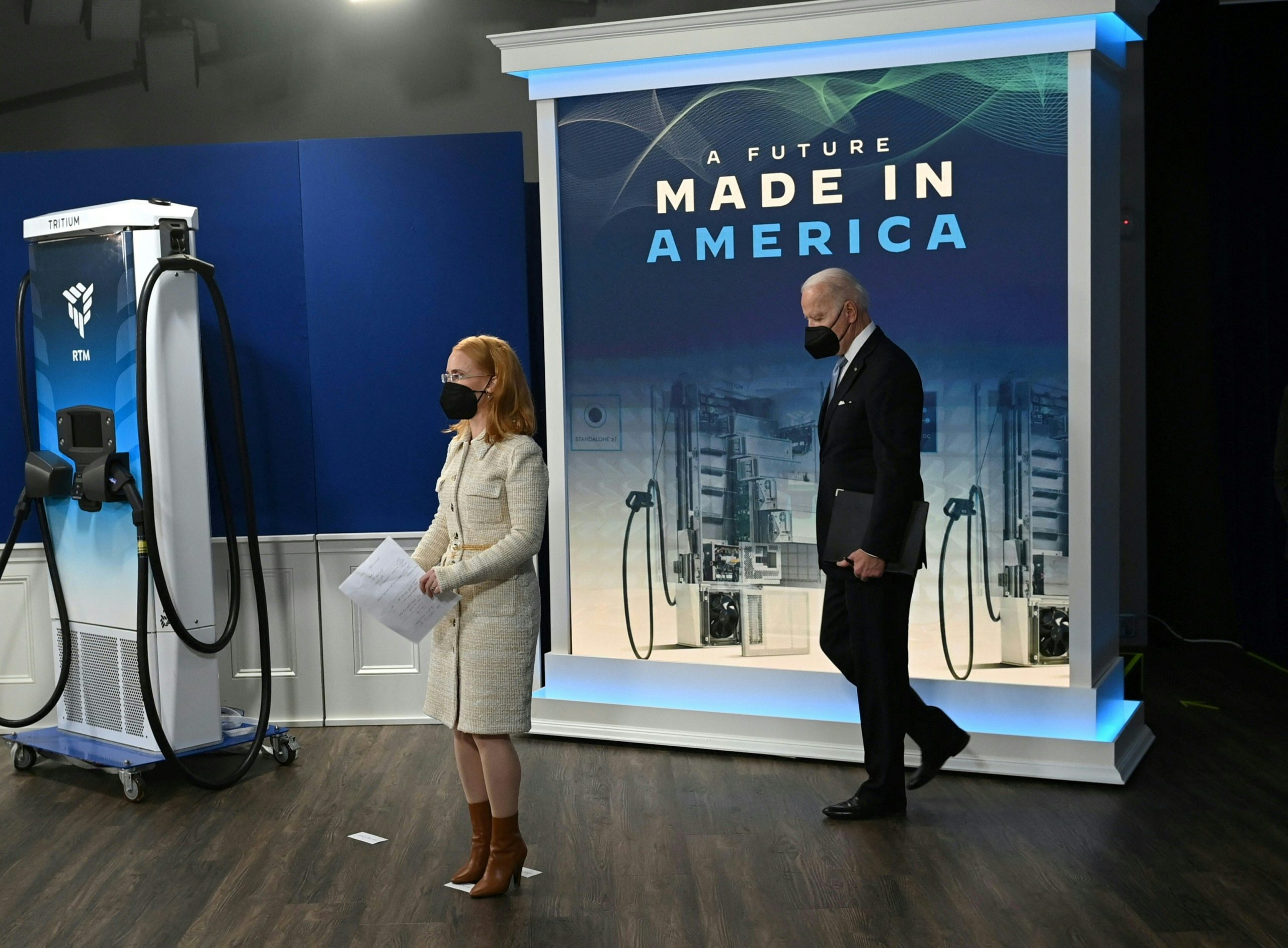The U.S. is projected to become a net importer of crude oil in 2022, just two years after the nation achieved net exporter status, according to government data.
The country will import more crude oil than it will export, signaling lower domestic production of the commodity, according to an Energy Information Administration (EIA) report Friday. In 2020, the U.S. exported more petroleum than it imported for the first time in several decades.
“In 2021, the United States returned to importing more petroleum (which includes crude oil, refined petroleum products, and other liquids) than it exports following its historic shift to being a net exporter of petroleum in 2020,” the EIA said. “According to our February 2022 Short-Term Energy Outlook (STEO), we expect net crude oil imports to increase, making the United States a net importer of petroleum in 2022.”
“Historically, the United States has been a net importer of petroleum,” the EIA report continued. (RELATED: ‘Reckless Decision’: Biden Administration Adds Climate Roadblocks For Future Pipelines, Energy Projects)
The U.S. was a net exporter of oil in 2020 because demand for the commodity declined as coronavirus spread and nations shut down, according to the EIA. However, exports increased and imports decreased rapidly beginning in 2016 and accelerated under the Trump administration, the data showed.

President Joe Biden arrives to a White House event with leaders of an electric car charging company on Feb. 8. (Brendan Smialowski/AFP via Getty Images)
In 2020, crude oil imports fell to their lowest level since at least 1985, according to the EIA. But in 2021, petroleum imports surged 19% to 3.2 million barrels per day on average.
However, the U.S. became a net exporter of total energy in 2019, factoring in both coal and natural gas trade. (RELATED: Biden Administration Defies Court Ruling Again, Opts Against Holding Oil Drilling Sales)
“At a time of energy uncertainty in the world, the U.S. natural gas and oil industry is producing at levels that have helped cushion domestic markets and American consumers against global supply disruptions that once would have put severe pressure on our economy here at home,” American Petroleum Institute chief economist Dean Foreman wrote in 2019.
Former President Donald Trump pursued an aggressive energy agenda, promoting domestic fossil fuel production. The Trump administration approved multiple pipelines, ended the previous coal leasing moratorium and opened up more federal lands for oil and gas leasing.
President Joe Biden, though, has taken the opposite approach, nixing the Keystone XL pipeline, ditching an oil drilling project in Alaska, staying silent on a court ruling that prohibited a massive offshore drilling lease in the Gulf of Mexico and making it harder for utilities to gain approval for natural gas projects.
The U.S. has approximately 38.2 billion barrels of crude oil reserves, according to the EIA.
All content created by the Daily Caller News Foundation, an independent and nonpartisan newswire service, is available without charge to any legitimate news publisher that can provide a large audience. All republished articles must include our logo, our reporter’s byline and their DCNF affiliation. For any questions about our guidelines or partnering with us, please contact licensing@dailycallernewsfoundation.org.


